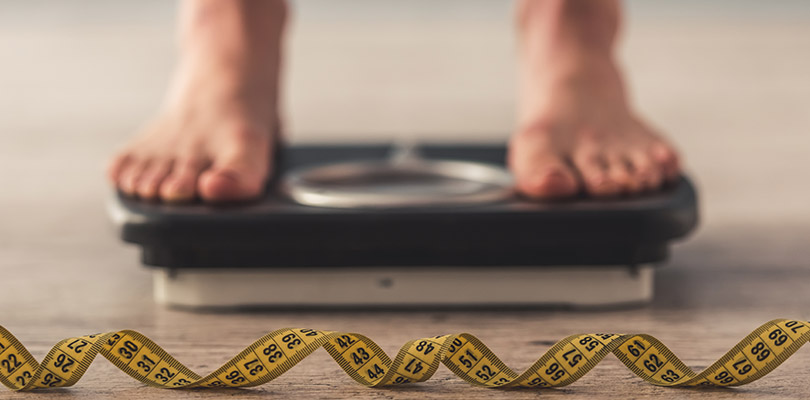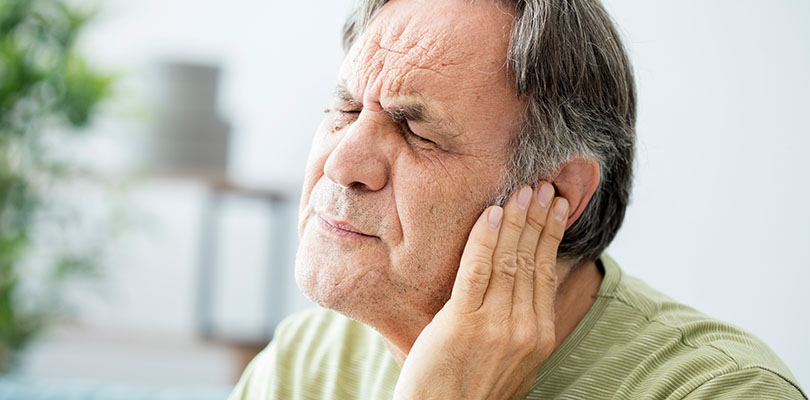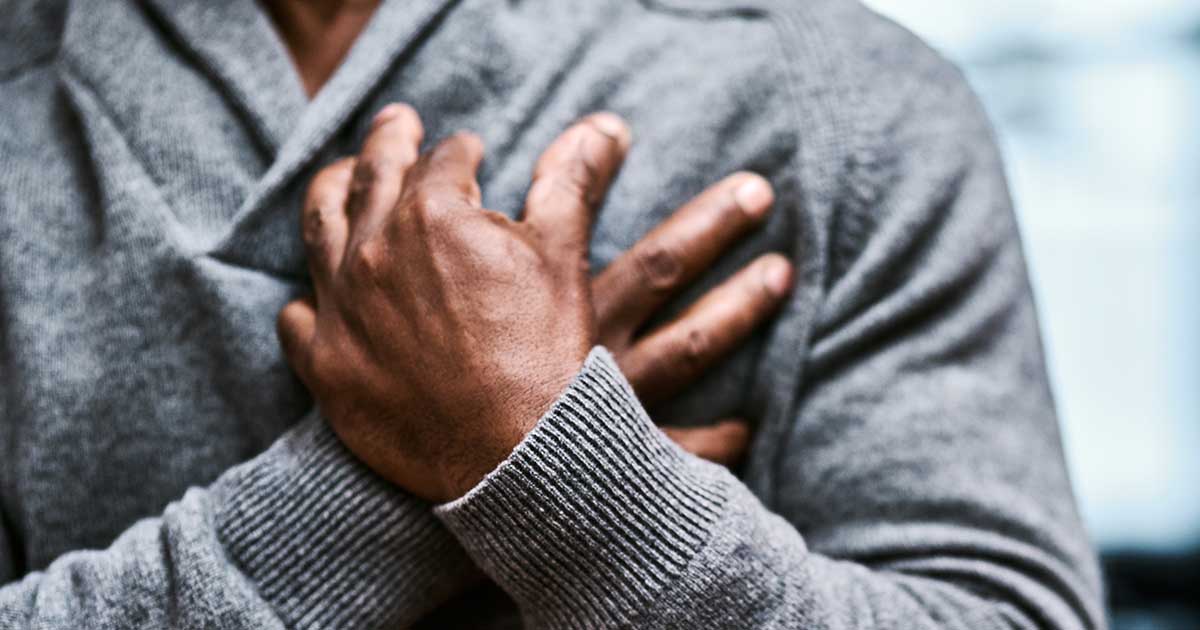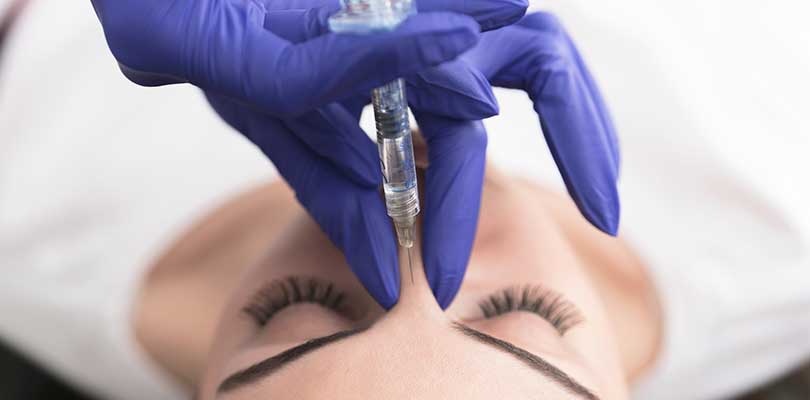Anorexia Signs and Treatment
Anorexia nervosa, often just called anorexia for short, is an eating disorder which causes the person affected to believe that they are overweight even if they are not. This distorted body image leads the person to try and keep their weight as low as possible by eating less and exercising more.
Anorexia can cause a number of physical, behavioral, and psychological signs and symptoms. Eventually, it can lead to starvation and if left untreated, could be fatal. Keep on reading to discover more information about anorexia signs and treatment.
The Signs and Symptoms of Anorexia
Anorexia affects everybody differently, but some signs and symptoms could mean you or somebody you know is suffering from this serious condition.
Being Underweight
The most obvious sign of anorexia is being underweight. If you are under 18, this could mean that your height and weight is lower than the average for your age. If you are over 18, this could mean having an abnormally low body mass index (BMI). Generally speaking, a BMI of 18.5 or less is considered underweight.
People with anorexia are often experts at hiding their condition and may wear baggy clothes or extra layers to hide their weight loss.
Fear of Weight Gain
People with anorexia are afraid of putting on weight, even if they are already a healthy weight or underweight. This fear can become all-consuming, and anorexics can become obsessed with losing weight. This overwhelming fear of weight gain often stems from an underlying mental health issue, accompanied by low self-esteem.
An Unhealthy Relationship with Food
People with anorexia usually have a very bad relationship with food. They might eat very little at mealtimes, or frequently skip meals. They might become overly concerned with the calorie and fat content of food, and avoid eating anything which they believe to be fattening.
In order to disguise how little they are eating, people with anorexia may cut their food up into very small pieces or eat extremely slowly. It is also common for people with anorexia to avoid eating with other people, stating that they have already eaten or are not hungry.
Using Slimming Aids
As well as exercising excessively, people with anorexia sometimes use other slimming aids to help them lose weight. These could include slimming pills such as appetite suppressants, or laxatives and diuretics which make them go to the toilet more often.
Some people with anorexia also make themselves sick after eating, although this symptom will not affect everyone. Signs that somebody is making themselves sick include sore knuckles and dental problems.
While many birth control methods contain hormones, there are others that do not. Here are eight non-hormonal birth control options worth looking into.
Physical Changes
Once somebody has been anorexic for a while, their body starts to undergo physical changes as a result of undernourishment. These changes could include:
- Feeling lightheaded or dizzy
- Feeling cold
- Bloating, constipation, or abdominal pain
- Dry skin and nails
- Hair loss from the head
- Fine, soft hair growing on the body (lanugo)
- Irregular or missing periods in women
- Low libido
In addition to the above signs and symptoms, anorexics have an increased risk of developing long-term health issues such as osteoporosis, infertility, heart problems, and organ damage. It is vital to get treatment for anorexia as early as possible to avoid permanent damage and even death.
Anorexia Treatment
It is possible to make a full recovery from anorexia, although this may require a lot of time and patience. The first step towards recovery is for the person with anorexia to admit that they have a problem, which can be very hard for some. The good news is that once an anorexic decides it is time to get help, there are several different options available.
Talking Therapies
Talking therapies such as counseling and cognitive behavioral therapy (CBT) allow people with anorexia to explore any underlying issues that may be contributing to their condition, and to identify negative thought patterns and triggers. These therapies aim to help anorexics to cope with their feelings and gradually improve their self-esteem and body image.
Nutritional Guidance
People with anorexia usually need to make changes to their diets in order to become healthy again. Nutritional guidance is a way to understand your body’s nutritional needs and learn to make healthy choices both while recovering from anorexia, and for life.
Medical Treatment
Some people with anorexia may require medical treatment. This could include testing and treatment for long-term health conditions such as osteoporosis, or antidepressants for treating anxiety or depression.
Anorexia Treatment Centers
Anorexia treatment centers are dedicated to helping people with anorexia to recover from their condition. They have a full medical staff made up of psychiatrists, counselors, doctors, and dieticians who are experts in the field of eating disorders such as anorexia.
Anorexia treatment centers will help you to build a personalized treatment plan, tailored to your unique needs. This may involve individual or group counseling sessions, dietary advice, support at mealtimes, and relapse prevention.
These eating disorder centers may offer out-patient or in-patient services and are a one-stop-shop for people with anorexia and other eating disorders. They can help people to understand their anorexia and work towards recovery, while developing a better relationship with food and maintaining a healthy weight.







